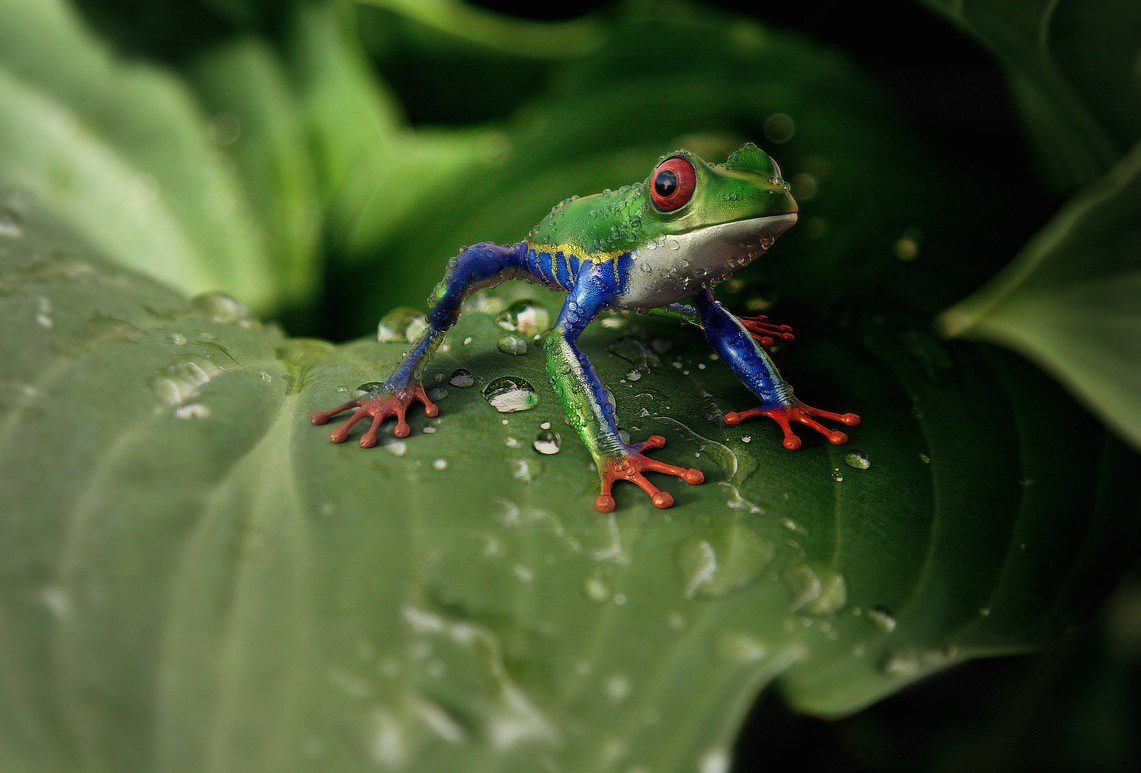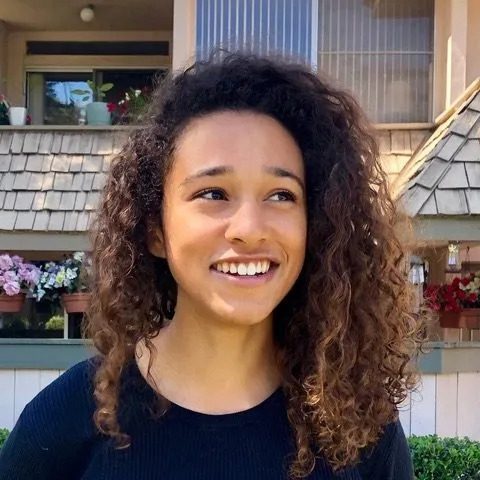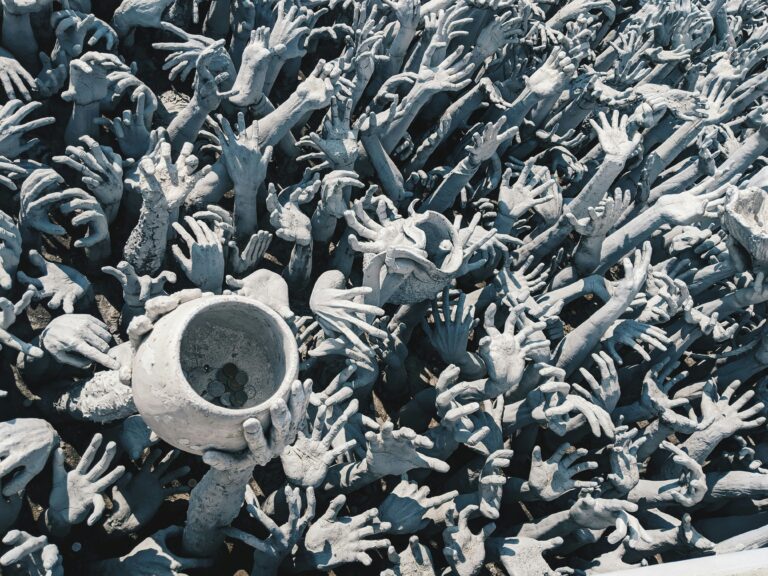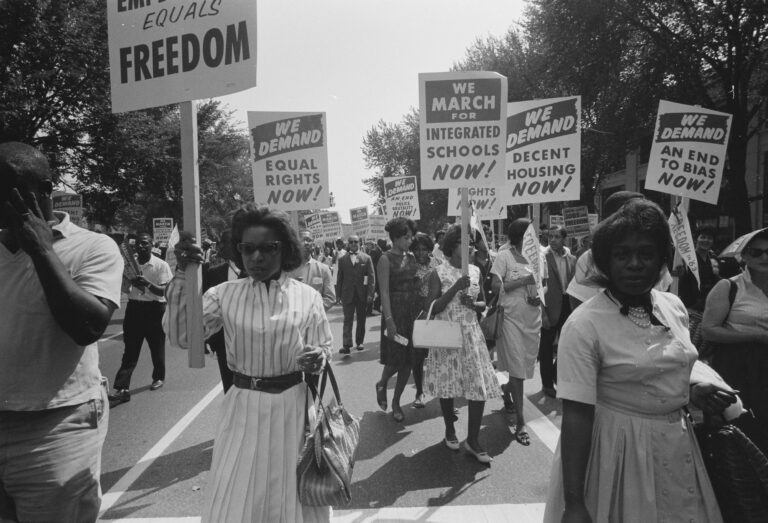When asked, “How are you doing?” two roads diverge: the path of being vulnerable and the path of playing it safe. I can not see to the end of the vulnerable, and so I usually opt for “good!” and the well-traveled road of light, pleasant conversation. I’m beginning to wonder, fantasize even, about what may happen if I opened up to the road less taken? What might happen if I reveal all that swirls on my heart-mind? If I allowed this prompt to invite the vulnerable truth into even my most casual relationships?
I’m reading Fierce Vulnerability by Kazu Haga, who led our May EcoDharma Explorations. I’m becoming seriously convinced of the latent power for collective transformation that resides within the vulnerable. While he argues for vulnerability beyond an honest response to “How are you?” I’m becoming curious about the smaller, every practice of emotional vulnerability as an entry point into revolution.
I shy away from vulnerability often. Many of us do it. The choice is part habit, part cultural conditioning, and part just plain fear of wading exposed into the unknown. The vulnerable path is inherently uncertain. I’m beginning to feel as though, if there was ever a time to practice risking myself, now is the time.
I’ve experienced no greater exhilaration than being seen and accepted in the fullness of who I am. Who I am: I, in all her politics, traumas, mistakes, inconsistencies, shortcomings, and flaws.
Along the path, one may find an intense, ecstatic joy in the experience of true belonging. I’ve experienced no greater exhilaration than being seen and accepted in the fullness of who I am. Who I am: I, in all her politics, traumas, mistakes, inconsistencies, shortcomings, and flaws. There is a particular kind of high in this moment of healing. Rilke wrote, “Our deepest fears are like dragons guarding our deepest treasures.” The fear of vulnerability as guarding the greatest gift one has to offer the world: their most authentic self.
Disconnection from ourselves, others, the more-than-human, and land are tangled up in the roots of polycrisis. Perhaps polycrisis needs all of us to make an offering of our vulnerability, to risk the parts of ourselves we feel as broken, unworthy, or exiled, allow ourselves to be surprised by the healing light of another’s compassionate, conscious attention, and come into a deeper, more intimate relationship. Vulnerability invites us into belonging again.
Perhaps an underrated character of revolution is the unguarded one. Holding onto nothing but their truth, opening to the truth of others, and listening to the wisdom that may arise from the meeting of these truths.
Of course, vulnerability does not always go well. Perhaps this habitual aversion to vulnerability arises from those times, perhaps exaggerated by the mind, when it all seemed to fall to pieces. To allow your imperfect, raw, wounded truths to be experienced by another can feel like a giant leap of faith. I may not be caught by tender hands.
But I’ve learned how to breathe around the pains of judgment and rejection. Mindfulness practice has become like a parachute for my vulnerable leaps. I know how to slow the spiral, soften the landing, and catch myself well before the shatter. I’ve learned how to take refuge in the Divine Abodes or Brahma Viharas, trusted spiritual friends or Sangha, and practice in silence to resource myself well enough to leap again.
Next time when asked, “How are you doing?” perhaps I will risk the reveal and reception of my truth. I invite you into the same. Perhaps one day our truths will meet, and have something wise to say about the collective path forward.








